CINCINNATI, Jan. 9, 2013 /PRNewswire/ -- Pilot Chemical Company announced today that it has acquired Mason Chemical Company, based in Arlington Heights, Illinois. Together the companies represent more than 100 years of successful family-based ownership and leadership as privately held businesses in the United States.
"Both Pilot, established in 1952, and Mason, founded in 1968, are successful companies built by their respective founders' families over many decades," said Paul Morrisroe , chairman and CEO of Pilot Chemical Company. "The Pilot and Mason product lines are complementary and will allow us to build on synergies between the two companies. Customers of both companies will be better served through a more complete and expanded global product offering from Pilot."
Mason Chemical Company is a leader in the development, registration and sale of quaternary ammonium compounds and related chemistries. The acquisition enhances Pilot Chemical's household, industrial and institutional, personal care and oil and gas product portfolios, strengthening its offering by adding registered and non-registered biocidal quats and tertiary amine derivatives.
"Mason and Pilot share a strong history of innovation in the chemical industry," said Gregg Mason , owner of Mason Chemical Company. "Having both of our product lines available from one source makes strategic sense. Together we can leverage our combined technologies, offering new solutions to our combined global customer base."
"Our goal is to be a leading provider of chemistry based solutions," said Pam Butcher , president and COO of Pilot Chemical Company. "Acquiring Mason Chemical illustrates our commitment to providing a broader product portfolio, new technology and applications expertise to better serve our customers."
Financial terms of the agreement were not disclosed.
About Pilot Chemical CompanyPilot Chemical is a privately owned and independent global specialty chemical company providing high quality products and services to the household and industrial detergent, personal care, lubricant, oilfield, emulsion polymerization, textile and agriculture industries. Proprietary core technologies involve alkylation, sulfonation, sulfation and a number of other specialty operations. Pilot, an industry leader in chemical innovation and safety, owns the most state-of-the-art continuous sulfation process in North America and is the world's largest manufacturer of disulfonates. Pilot Chemical Company is headquartered in Cincinnati, Ohio. To learn more, visit www.pilotchemical.com.
About Mason Chemical CompanyMason Chemical Company is a leading supplier of specialty chemistry to a broad range of industries. In business since 1968, Mason is known around the world as a market leader in the supply of EPA-registered actives and prototype formulations. Mason, a privately owned specialty chemical solution provider, serves the personal care, HI&I cleaners, textile, oilfield and other markets. For more information, visit www.masonsurfactants.com.
SOURCE Pilot Chemical Company








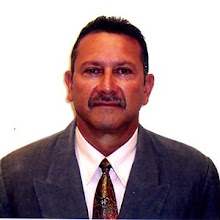


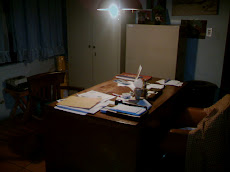
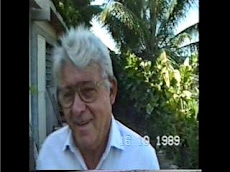
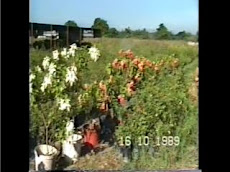
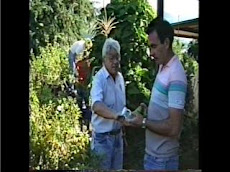











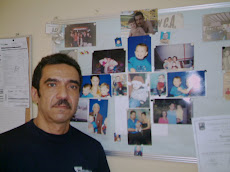

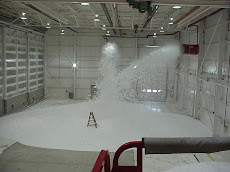
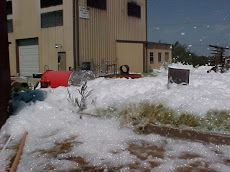

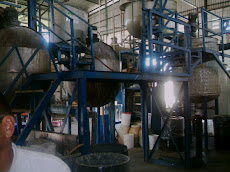






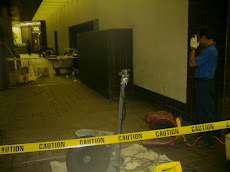

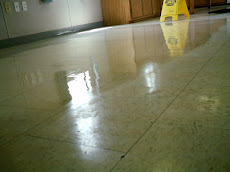








No hay comentarios:
Publicar un comentario